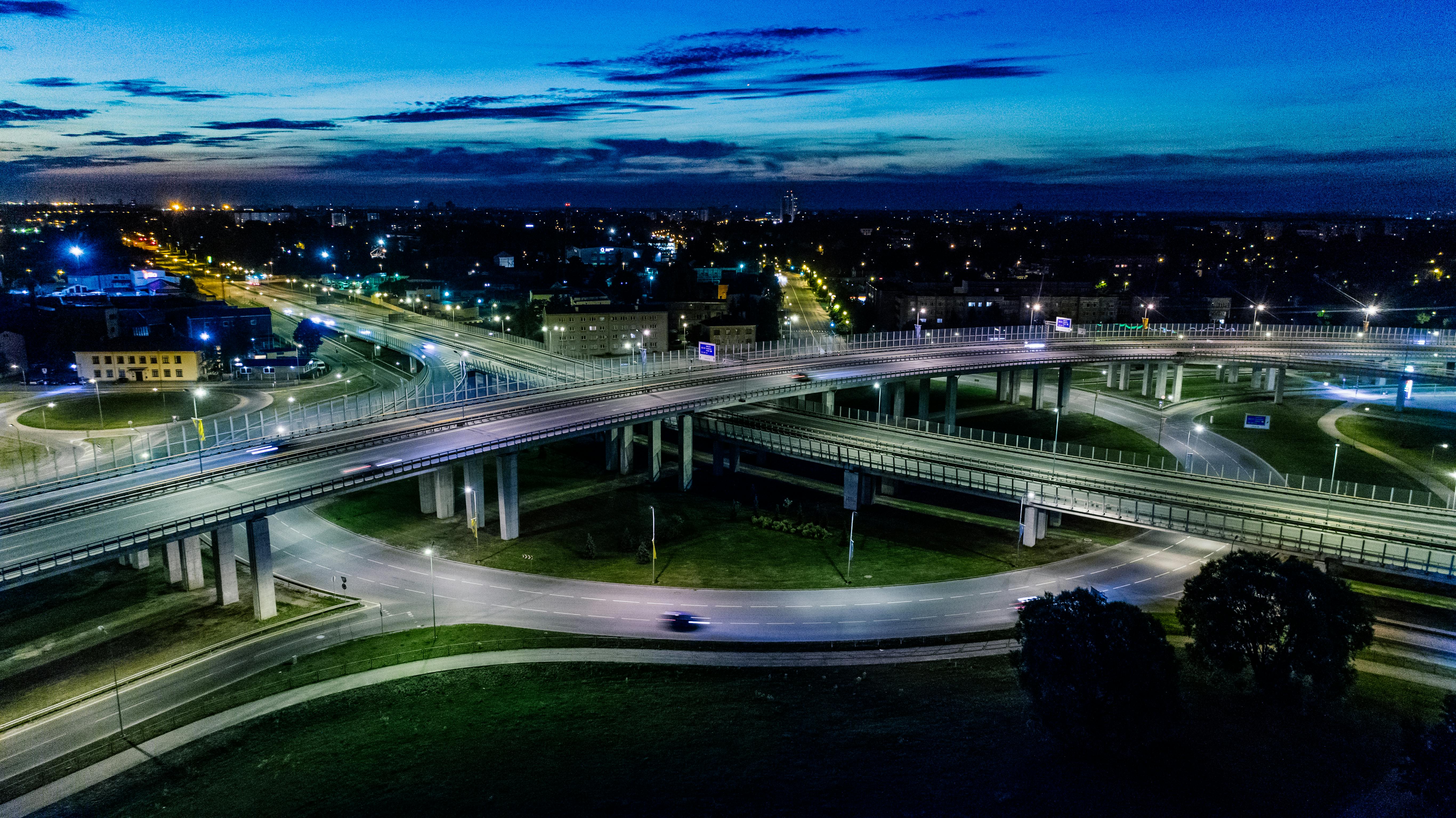The tourist industry in Namibia is constantly growing. The Namibian government is encouraging the construction of more exclusive lodges, attracting upper-class travellers. The mix between the wishes of the government and the main actors (mostly white and well-established) encourages economic benefits to be distributed unevenly, never reaching the people who need them most.
So how do you get your business into the hands of those who need it most?
Recently, there is a new wave of programs designed to bring more locals into the thriving tourism industry. Many lodges have taken small steps to create partnerships with communities. Although it is a small step, it is still a step forward. The truth of the matter is that entrepreneurs and local communities simply do not have access to start-up capital, resulting in 95% of tourism in Namibia being owned by white people. When looking for places to spend your money, look first to community businesses and support locals who need jobs, purpose and money much more than exclusive accommodations owned by those who already have it all.
Here are three ways to have a more responsible travel experience in Namibia.
1. The Namibian Community Based Tourism Assistance Trust or NACOBTA is a uniquely designed organization that reaches out to communities looking to join the larger tourism industry. NACOBTA has grown considerably in recent years in an effort to develop and operate businesses for profit and sustainability. NACOBTA meets select tour operators, craft centers, and lodging locations. NACOBTA members provide travelers with unique cultural experiences and in return help support those who need it most.
2. Open markets are known for selling all kinds of meat. Game meats are limited, if apparent at all, however, this is where you’ll see birds for sale. It’s hard to know exactly what kind of bird people are selling. The killing and sale of these birds is illegal, loosely controlled by the government, and should not be purchased for consumption. Don’t hesitate to ask the restaurant or market vendor if the meat is regulated. When you’re not sure, it’s best to stay away.
3. Namibia, like the rest of Africa, is in many ways ahead of other countries in the world in terms of ecological practices. Be sure to stay at green establishments in hopes of supporting those who strive to protect the environment.
